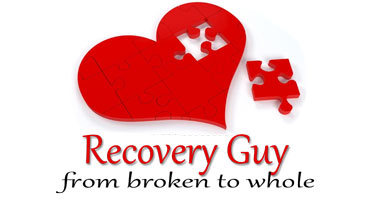This description comes from “The Emerging Science of Mindfulness as a Treatment for Addiction”.
“Mindfulness training, a method of self-observation based on ancient Buddhist psychological models of human suffering, has recently shown promise in the treatment of addictions. Remarkably, the early Buddhist models might be able to further inform our current understanding of addiction and offer novel treatments that outperform traditional options. While Buddhist meditations were not originally designed to specifically treat substance dependencies, Buddhist psychological models show considerable overlap with the current models of addiction, and Buddhist practices aim explicitly to eliminate the causes of craving”.
Having said that, where does it fit with higher power based secular programs, 12 Step approaches or more defined religious based approaches?
Also, some of the information I come across, includes cognitive therapy as an added inclusion to help in the relapse prevention area. Cognitive therapy has its roots grounded in overcoming behavioral challenges related to personality disorder(s). CT might not be an affective initial treatment for the addict because of the physical dependency that most addictive people experience. In other words, a person needs a sense of cognitive balance before this therapy can produce positive results.
I can see where a Cognitive Mindfulness approach can produce a positive effect. The Mindfulness introduces meditation and mantras that serve to reduce and anxiety and stress. This reduction can reduce the addicts feeling that they must use drugs/alcohol to produce the calming affect their internal chaos creates.
Once the chaos is reduced, the cognitive therapy comes in and remaps the thought process. This can produce more long term calm that will contribute to long term recover. It also serves as a redirecting mechanism when the addict feels a sudden urge to go use.
I find these approaches to be very helpful additions to what the 12 Step and religious based programs of recovery suggest. I believe that a spiritual element must be part of the recovery process. Since I subscribe to the 4 dimensions of self (mind, body, emotion and spirit) without any one of these elements we are doomed to limiting the quality of our recovery and likely or quantity as well. I believe that quantity and quality work hand in hand to produce the longest-term success for any person in recovery or addiction.
Most importantly each person has more similarities than differences from other people of addiction, but we should never discount the percentage that is different. The differences (no matter how small) must be addressed and therapies applied to make sure each person’s recovery plan is as successful as possible. Recovery is a life-long process and just because an approach isn’t indicated today doesn’t mean it won’t be indicated at a later day.
